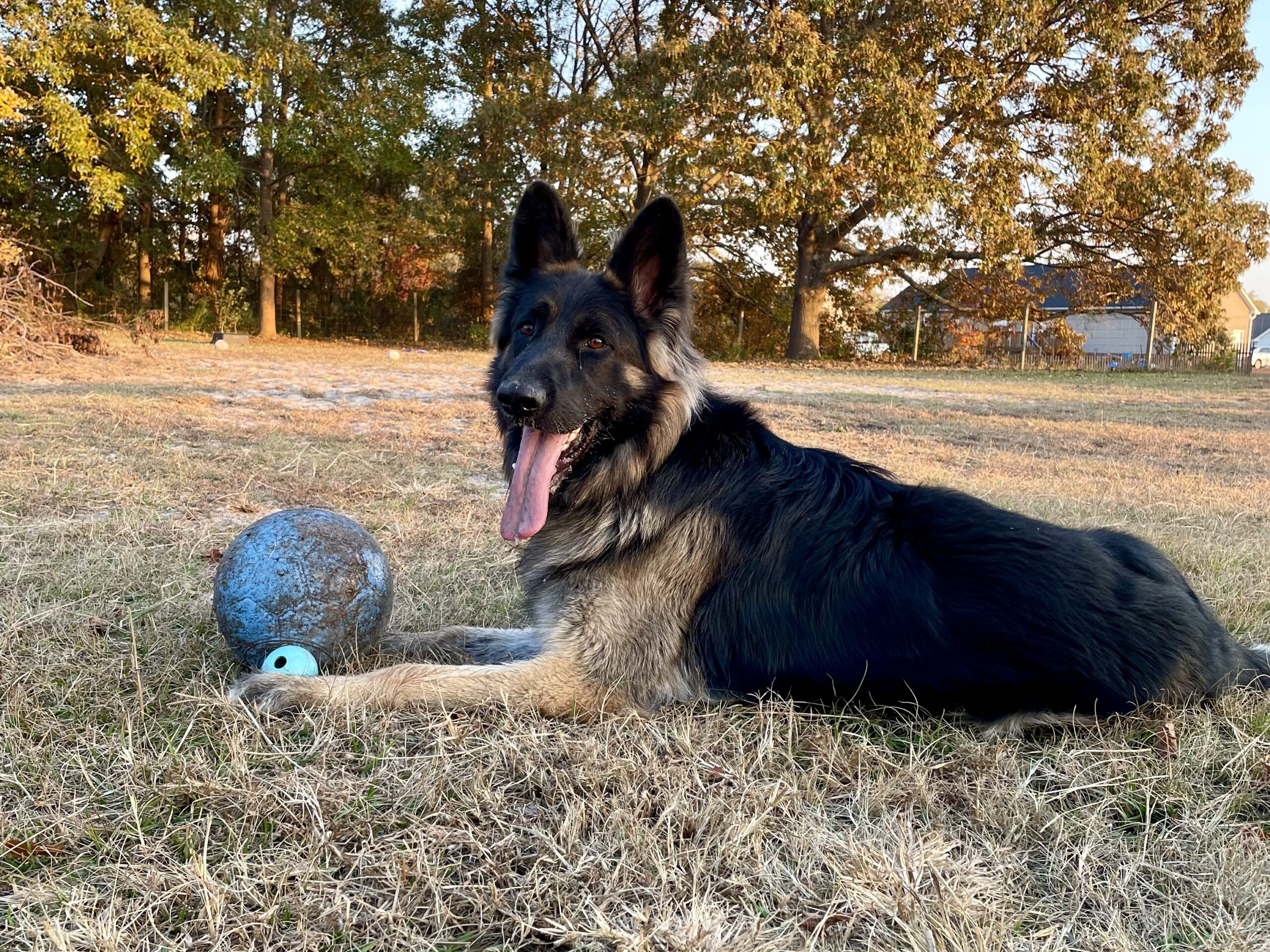Although a lot of focus is put on what happens during a session with your trainer, the real learning happens between your sessions! One of the most valuable pieces of your training program is your study sessions where you work on your homework assignments.
Study sessions are training sessions that you set up in order to practice a specific skill, progress towards a training milestone, or proof a behavior. Setting up your study session correctly is essential, but all study sessions look different (just like all training plans look different!) Here are some tips for setting things up successfully:
General Tips for Study Sessions
- Choose the right treats!
- Don’t train ’til it’s ugly – quit while you’re ahead. If your dog just did an amazing rep, and you’re so impressed with them – stop! Go no further!! Jackpot them for their awesome effort, and end on a high note! When our dogs are doing really well with something, it can be so tempting to push them a little bit further – often resulting in them burning out a bit and giving lackluster performance.
- Don’t train for too long. High intensity sessions like happy trips may only be 30 seconds long, while lower intensity sessions such as relaxation protocol may be closer to 15-20 minutes. Choose quality over quantity!
- Know what your goal is before you start. Are you working on distance? Distraction? Duration? What behavior did you want to practice? How do you define success today?
- One thing at a time. Don’t confuse your dog by practicing too many things at once. Keep things simple to avoid misunderstandings. If you practice teaching a “down stay” and “roll over” in the same session, your dog is likely to get the two mixed up.
- Focus on your dog. Don’t try to get things done at the same time as your training session. If you’re working on counter surfing while preparing dinner – pretend to prepare dinner or have someone else prepare dinner while you train. When your dog has mastered the skill, then you can incorporate it into your daily life.
Check out our other articles on goal-specific study sessions for more information!
Resource Guarding
Separation Distress
Proofing: Distance, Duration, Distraction
Handling & Cooperative Care



